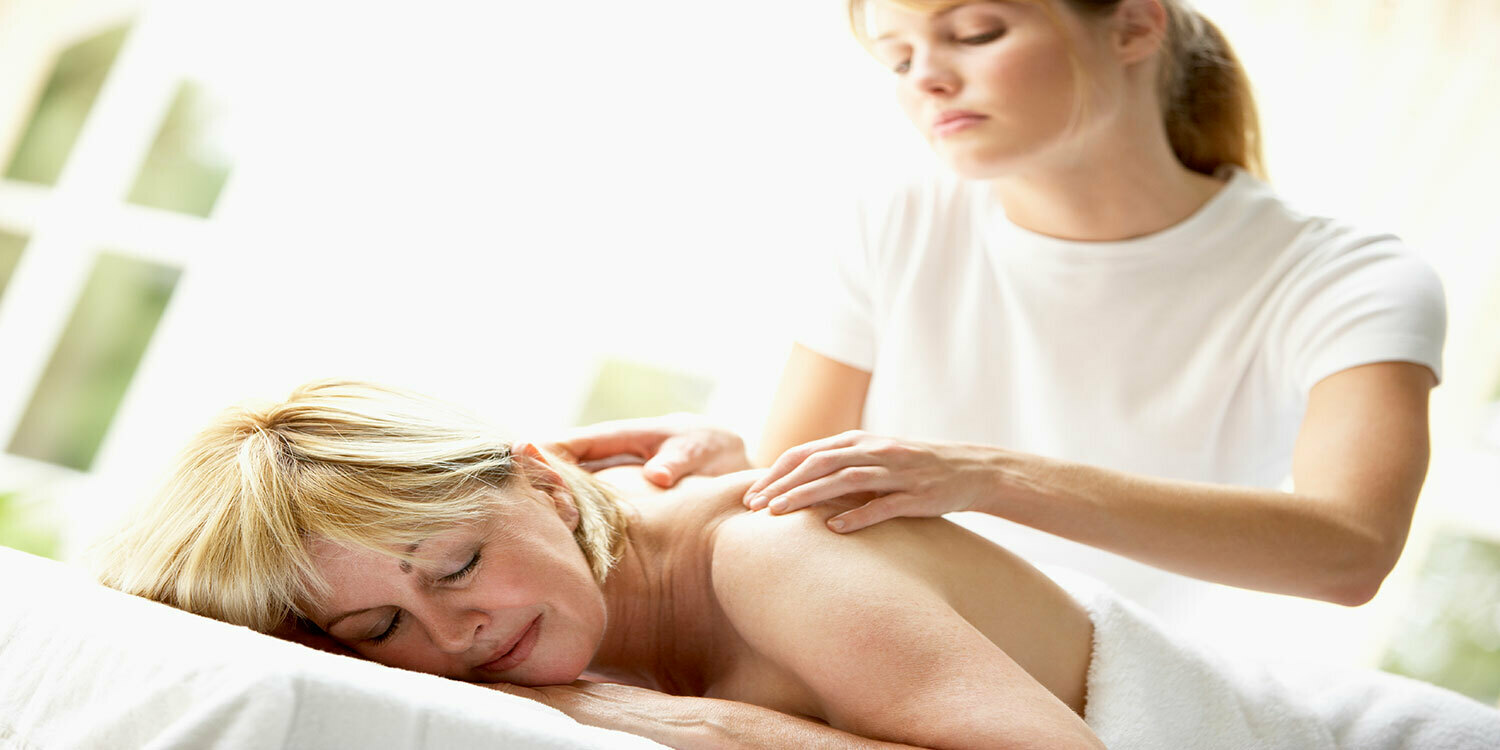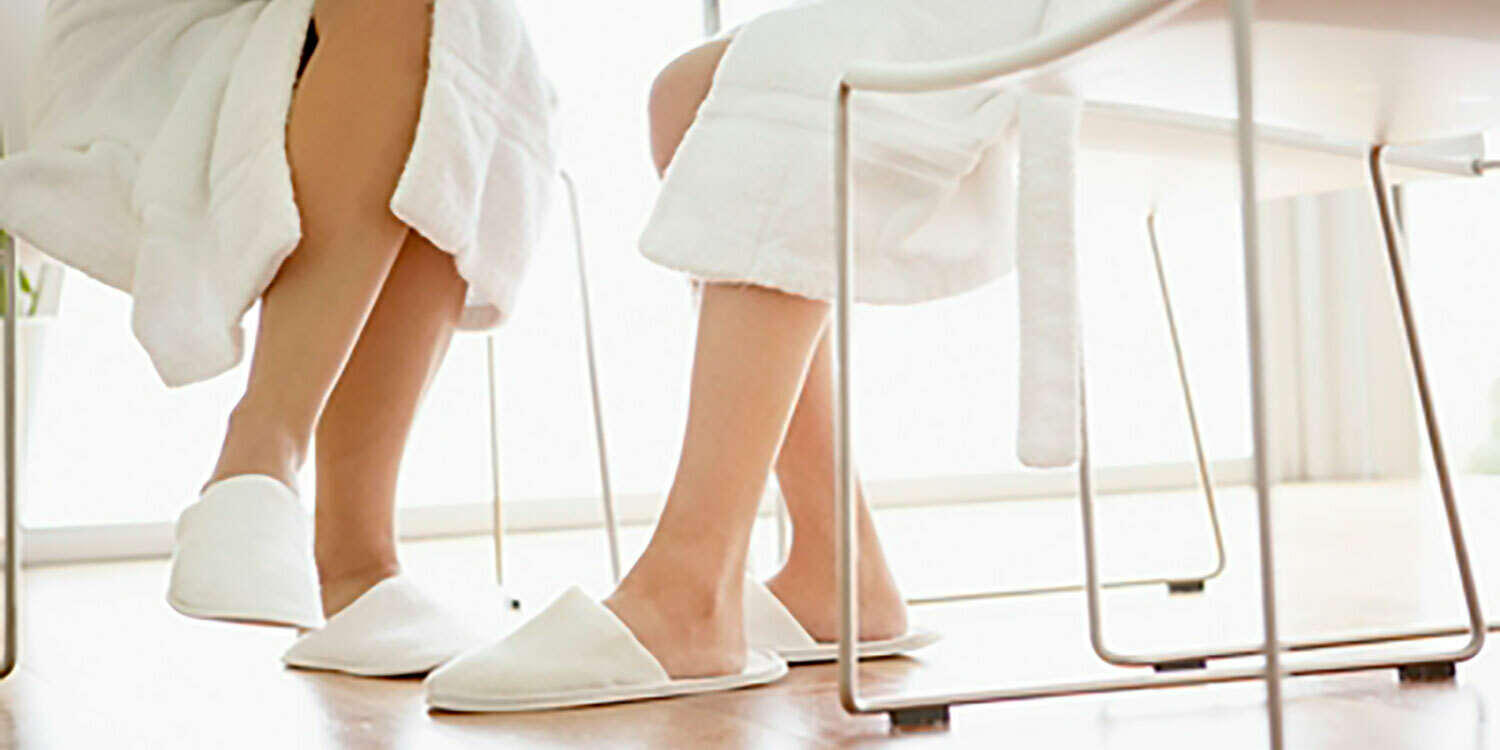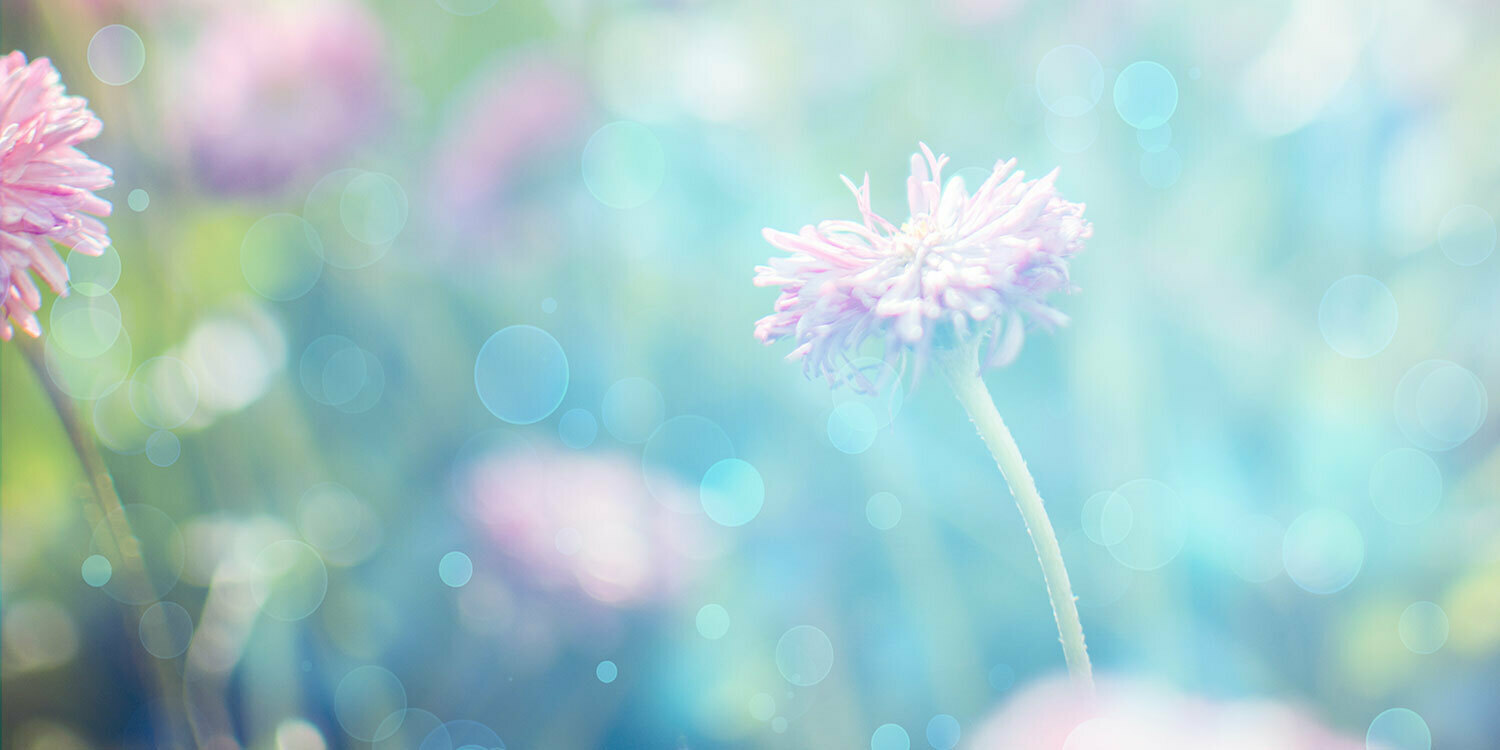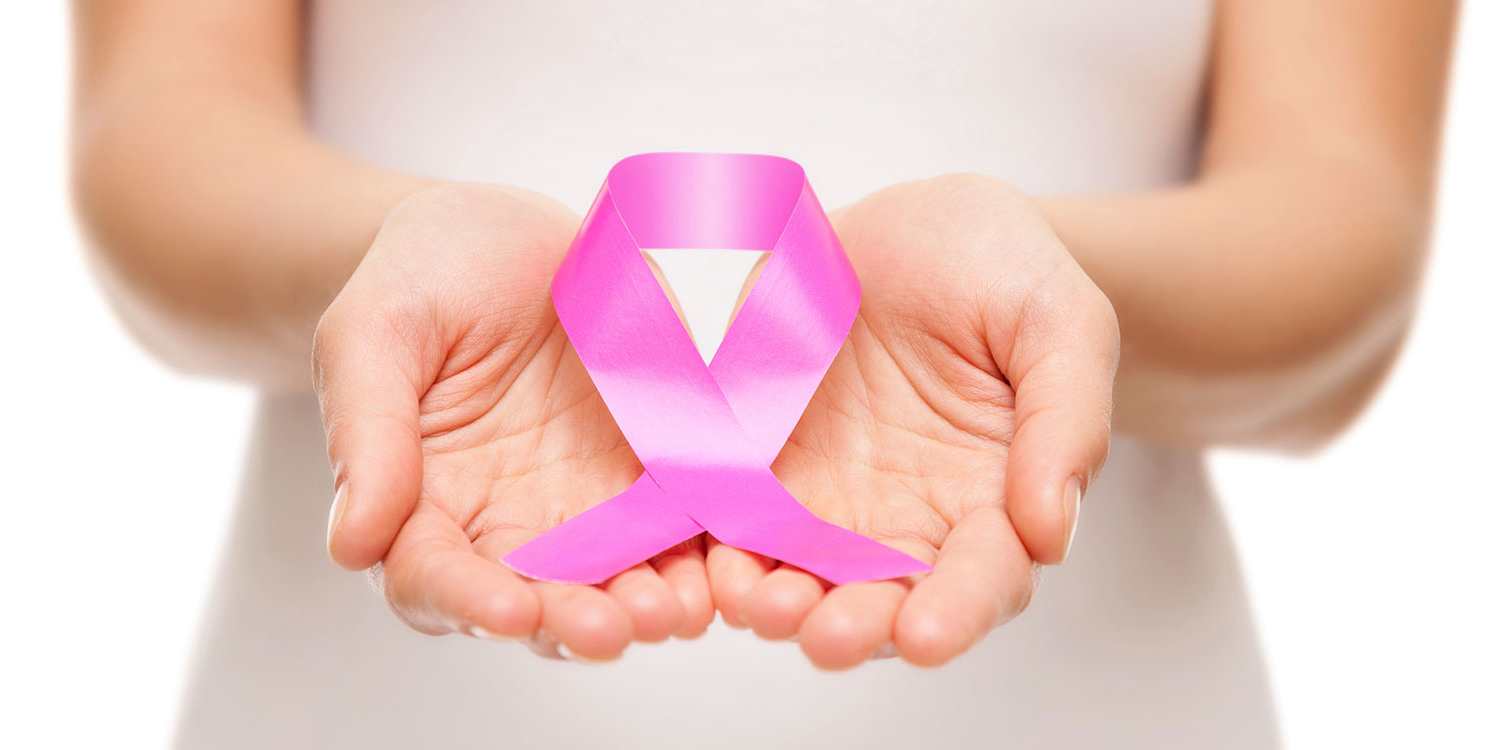If you have or are in recovery from cancer, you may want nothing more than a relaxing day at a spa. But when your body has been through so much already, you may feel naturally protective of it. It may feel very vulnerable to put yourself in someone else’s hands, or even to be seen if you have scars, hair-loss or other side-effects from chemotherapy or radiotherapy.
There is so much to consider and think about carefully, and we would always recommend that you discuss your issues with your oncologist, the spa itself and perhaps your close friends before you go.
Thankfully, spas are now taking cancer very seriously: a few years ago, someone recovering from cancer may well have been refused a treatment at a spa. But in a short space of time the landscape has changed, and for the better. Now you can even get some complimentary treatments on the NHS. The Royal Marsden Hospital offers massage and reflexology to patients undergoing cancer treatments. And UCL Macmillan Cancer Centre uses aromatherapy, gentle massage, reflexology and reiki.
New training courses on wellness for cancer mean that many spas have specialist therapists. So what spa treatments can you have if you are being treated for, or recovering from, cancer?

Perhaps you have heard someone say that stimulating massages that could ‘push the cancer cells around the body’. This was once a common fear, and the reason so many spas refused to offer treatments to those with cancer. But experts say there is no evidence for this (see 'What to avoid' for exceptions).
Breast Cancer Care say: “It’s safe to have a massage, even if you are currently having treatment such as chemotherapy.” Indeed, some hospitals now offer a course of massage as part of their radiotherapy package.
One of the key benefits to aiding recovery is that a good massage can relieve stress and help you to relax.
The Cancer Research website states that “gentle forms of massage, such as aromatherapy, affect your nerve endings. This could release chemicals called endorphins which can reduce pain.” They add; “One of the main reasons people with cancer use massage is because it helps them feel good. It is a way they feel they can help themselves.”
The other positive benefit is the power of touch. Touch is vital to human connectivity and wellbeing. When touched, we release oxytocin, the hormone responsible for bonding and wellbeing: if you have experienced lots of clinical treatments, operations and tests, you may not have experienced positive, caring touch for a very long time. It can feel wonderful and very emotional. If you feel like crying, go ahead – lots of people do. Cancer care therapists are trained for this to happen, and to respond with empathy and compassion.

If your skin is very painful to touch, then perhaps it is wise to wait. However, specialist treatments and trained therapists will work around this, and even try to help. Cancer trained therapists will be aware that chemotherapy and radiotherapy can leave the skin extremely sensitive, and to avoid areas directly over tumours or affected lymph nodes.
Perhaps you don’t think you will feel comfortable lying down on a treatment bed. You can discuss this with your spa therapist, as many treatments take this into account and use cushions, pillows or Hydrotherm mattresses to support you. But if in doubt, wait until you are ready.
The key word to look for in any massage is ‘gentle’: most oncologists recommend avoiding deep tissue massage, simply because it’s painful. Made for Life Cancer Touch Therapy treatments include Catch the Breath, Soothe and Nurture and Hand on Heart. They use Tui Na Chinese massage which is light and soothing and works with the body’s energies to induce a state of deep relaxation.
Always check with your oncologist but avoid massage on any area of your body where you are having radiotherapy, where your skin is broken or bruised, or lymph nodes that have been removed or affected. You should also avoid general massage therapy to your arms and legs if they are swollen due to lymphoedema: if they are, you could see a lymphoedema specialists for an MLD (Manual Lymphatic Drainage) massage. Similarly, avoid any rough and rigorous massages, scrubs or treatments, not least because you may have more sensitive skin than usual.
The traditional line with heat treatments (such as saunas and steam rooms) is that they should be avoided; but again, this is a discussion worth having with your oncologist if you are unsure.

If your skin is flaky or sore after treatment, a nourishing, gentle facial may help your skin recover as well as remind you to enjoy life’s luxuries. Make sure the product is natural and organic and that the facial is delivered by a cancer care- trained therapist. They will also be trained to talk compassionately about your hair-loss, scars or any other side effects.
If your nails are flaking after chemo, avoid nail varnish and opt instead for a hand or foot massage. Varnishes offered in manicure and pedicures for clients whose nails are okay are free from chemical nasties to avoid an unpleasant reaction.
There is some discussion as to whether chemicals used in beauty products are harmful, particularly those in popular brands of nail varnish. Breast Cancer UK has launched a campaign that lists beauty products containing harmful chemicals such as parabens, phthalates and synthetic musk – check out #DitchTheJunk on Twitter. Generally, it is wise to choose pure and organic skincare products until we know more.
Some product ranges have been designed for people recovering from cancer:
Made for Life products are certified organic and smell divine. Well-known brands such as Aromatherapy Associates, Germaine de Capuccini and ESPA are now working with experts to develop products and treatments.
Defiant Beauty was launched by Jennifer Young who founded the ‘Beauty Despite Cancer’ foundation. Jennifer is an associate member of the Royal Society of Medicine with a BSc (hons) in biology, and is an experienced micro-biologist. The products do not contain any oestrogenic substances or any essential oils that are thought to have the potential to interfere with treatments and is formulated to soothe chemotherapy and radiation- damaged skin. There are oils for itchy skin, damaged nails, skin affected by chemotherapy and healing balms for lips, hands, and feet. The products also feel luxurious.

Think about what you want to achieve from your spa trip: is it just relaxation and a chance to unwind or do you want to spend some time thinking about your health? Perhaps you simply want to spend time with a close friend? Or maybe it’s time to try a massage, a facial or a beauty treatment to boost your self-esteem? Think things through before you book and pick the right spa for your needs.
Talk to the oncology team, cancer care nurse or family doctor: Check if there is anything they recommend avoiding, and make sure you have all the latest information about your treatment plan.
Check your spa has cancer trained therapists: We list spas with cancer care therapists. All spas listed on the site that have cancer care trained therapists and offer specialist treatments are marked with a heart symbol on their directory listing.
Contact the spa in advance: Ask your spa what they need from you: some require a letter from your GP, others may have a medical questionnaire online to download and fill out. Once at the spa, talk to the therapist before you have your treatment and run through everything you want them to be aware of. Trained therapists should have a good understanding of your type of cancer and the side-effects of your cancer particular treatment. Some may even have some advice on how to alleviate some of your symptoms.
Find out more
Macmillan has a section on complementary therapies that can be used alongside standard medical treatments and a complementary therapy finder tool.
All spas listed on site that have cancer care trained therapists and offer specialist treatments are marked with a heart symbol on the directory listing, making it easy for you to identify which spas can help.
Editors note: this article was first published in October 2016. In October 2018 it was completely re-written and updated for accuracy and comprehensiveness.

Savant Spy
5th October 2016
Spy Likes:
Clever, inspiring design, sublime views, a vast, clean and empty pool, solitary relaxation areas to read, write or commune with my muse.
Spy Dislikes:
Small talk, discussions about spirituality or astrology, any products containing tea tree oil or aloe (sadly am allergic), busy pools where you can’t do laps.
